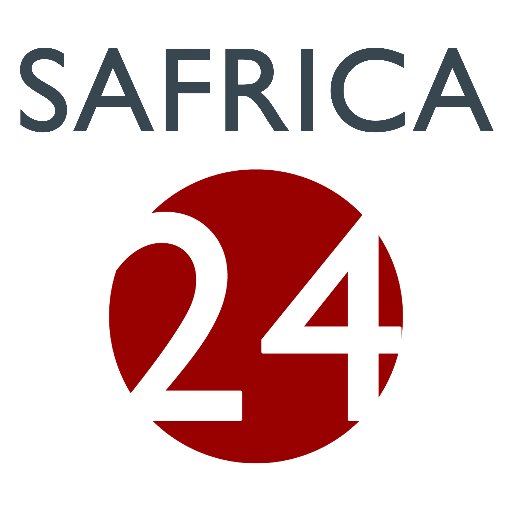Attention
X
You are now leaving AMAZE.org.
Content beyond this site might not be
appropriate for young adolescents.
attentionAttention
X
The following video was not produced by AMAZE.
Play Video
X
AMAZE-Africa in the News

AMAZE content gives us the entry point to talk about STIs, abortions and other issues which are difficult to broach due to Religious and moral norms.
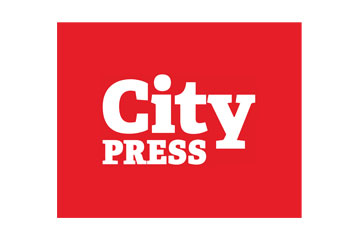
The Amaze programme seeks to make a global impact of seeing that all young people are meaningfully included and granted the opportunities and avenues to pursue and realise their dreams.
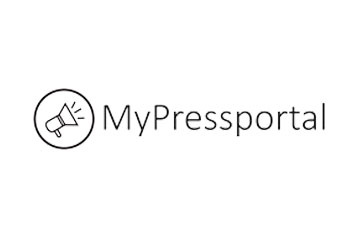
With this new partnership, AMAZE Africa aims to raise awareness of the significance of sexuality education and reproductive health and rights care for teenagers.
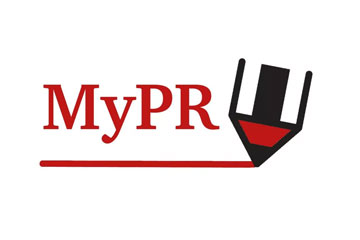
If young people are not equipped with the right information they experiment on their own to their detriment. “AMAZE’s tools allow us to reach the grassroots and educate young people in a safe space.

Tshegofatso Bessenaar: “Through this partnership we aim to empower and motivate teens to have information that is going to inform how they make decisions about their bodies and reproductive health, the kind of relationship that they’re going to have, and have total wellbeing in terms of everything else, beyond their sexuality.
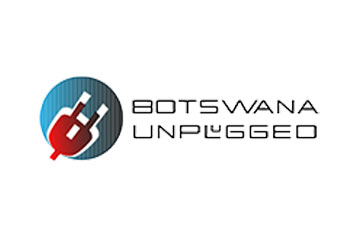
AMAZE provides resources for educators, including toolkits, discussion guides and information to facilitate engagement.

AMAZE.org... harnesses the power of digital media to provide free and age-appropriate sexual education that is medically accurate, affirming, and candid to adolescents and youth, with content available in over 40 languages.

In an effort to address the high rate of teenage pregnancy in Africa, international non-profit organisation Ibis Reproductive Health partnered with amaze.org, a YouTube health channel to provide free sex education to the youth in developing countries.

AMAZE is an initiative implemented by Advocates for Youth (AYF), which collaborates with global organizations and harnesses the power of digital media – animated videos - to provide free and age-appropriate sex education that is medically accurate, affirming, and candid to adolescents and youth, with content available in over 40 languages. Ibis leads the AMAZE initiative in Sub-Saharan Africa.
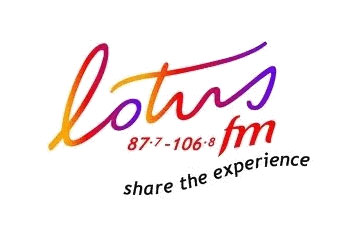
Ibis Reproductive Health has partnered with AMAZE.org - a health YouTube channel - to provide free and age-appropriate sexual education to youth in developing countries.

Amaze Africa has launched age appropriate sex education videos and this is in conjunction with what unicef research, taking into cognisance sex education that prioritise girl education.

Sexuality education is crucial in the development of youth as it equips young people with information that is accurate, and assists them in making informed decisions about their bodies.

Sexuality education is crucial in the development of youth as it equips young people with information that is accurate, and assists them in making informed decisions about their bodies
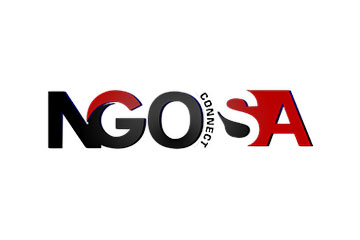
With this new partnership, AMAZE Africa aims to raise awareness of the significance of sexuality education and reproductive health and rights care for teenagers and to help break down barriers that prevent young people from getting these services across Sub-Saharan Africa.
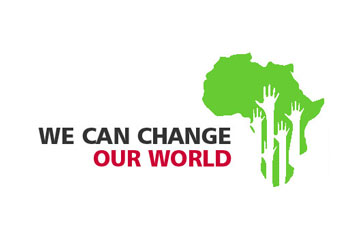
The AMAZE and Ibis partnership aims to advance comprehensive sexuality education in sub-Saharan Africa
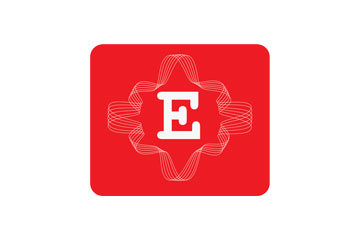
Through this partnership we aim to empower and motivate teens to have information that is going to inform how they make decisions about their bodies and reproductive health

Approachinng the topic of sexuality with adolscents can be seen as taboo in many cultures. However, a recent partnership between Ibis Reproductive Health South Africa and AMAZE as the aim of breaking this stigma.
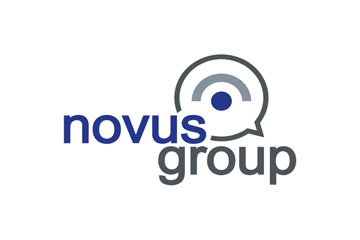
To address high rates of teenage pregnancies in Africa, UNICEF has advised that nations invest in comprehensive sexual education, prioritize girls' education, conduct community sensitization, promote health education, and ensure sufficient medical infrastructure.

Ibis Reproductive Health South Africa is proud to announce its partnership with Advocates For Youth (AFY) as the new Sub-Saharan Africa regional lead for the AMAZE Africa initiative, with the intention of amplifying ongoing efforts in the region to make comprehensive sexuality education resources more accessible.
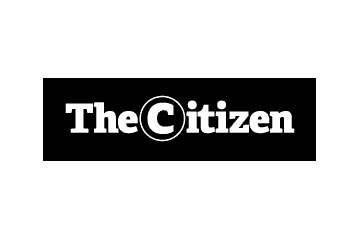
With South Africa’s current child abuse crisis, Amaze is exactly what young adolescent girls.

AMAZE is an initiative that harnesses the power of digital media in the form of animated videos to provide free and age-appropriate sex education that is medically accurate, affirming, and candid to adolescents and youth. Tshegofatso Bessenaar, Director of Southern Africa Programs, was Kaycee's Cares guest this week.
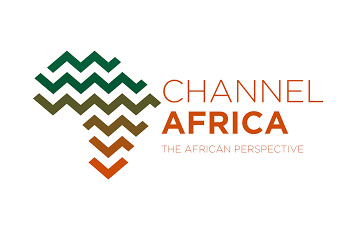
Ibis Reproductive Health's Senior Communications Manager - Duduetsang Mmeti joins Africa Central to discuss the importance of ensuring that our is youth fairly educated when it comes to matters of sex (part 1).

Ibis Reproductive Health's Senior Communications Manager - Duduetsang Mmeti joins Africa Central to discuss the importance of ensuring that our is youth fairly educated when it comes to matters of sex (part 2).

Ibis Reproductive Health has parterned with AMAZE Africa to tackle issues of teenage pregnancy and more.

Smile 90.4FM is a South African private commercial radio station based in Cape Town in the Western Cape.
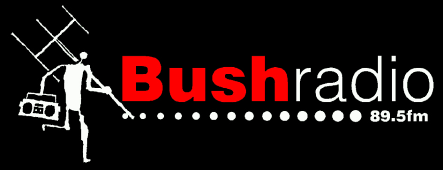
Africa's oldest community radio station project. Broadcasts from it's offices in Cape Town had a chat with our Amaze representative - Whitney Chinogwenya, Brand and Communications Manager for Marie Stopes.

Animated sex and reproductive health education series goes live under the tagline #MoreInfoLessWeird the series also aims to help parents and guardians discuss these issues with the young people in their lives openly and honestly.
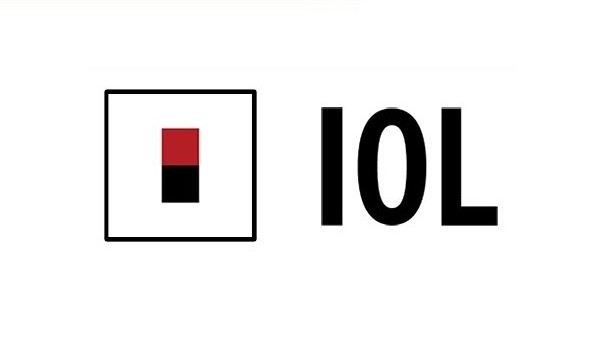
Animated series to help adolescents cope launches in SA. For the first time in South Africa the AMAZE sex and reproductive health education online series has gone live.
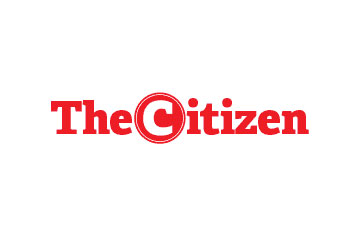
Research published last year by BMC, an open access research platform, reported that, worryingly, most unintended pregnancies on the continent were in southern Africa.
